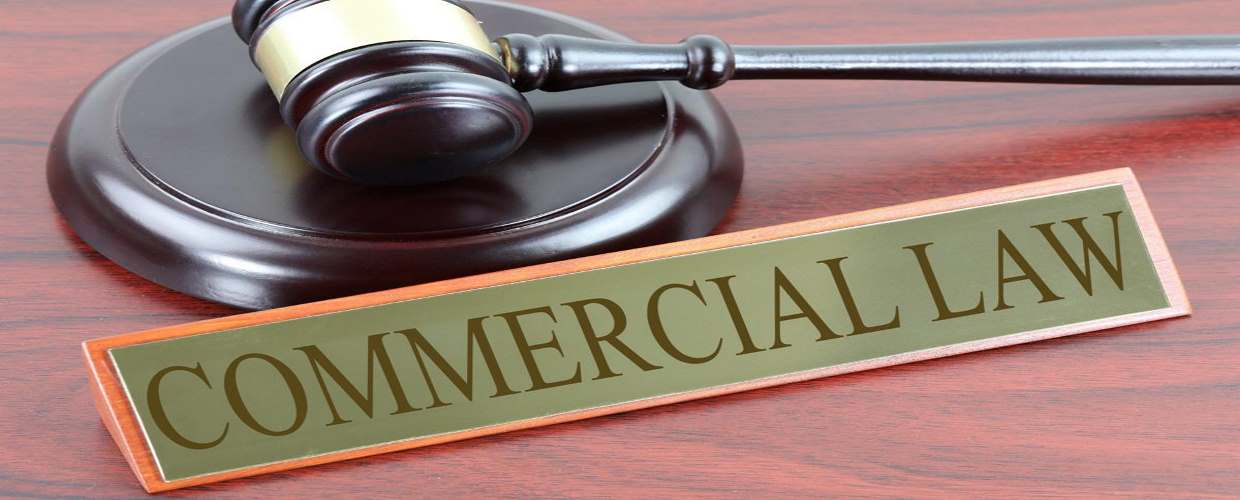It is a sad fact of the commercial world that some businesses cross to the wrong side of the line relating to honesty and proper conduct when it comes to how they communicate and act. For some businesses, their conduct might have been a result of errors and misunderstandings, but even then, it may still result in an unacceptable outcome. A point here is that even unintentional actions can result in repercussions under consumer law.
Most at fault are those businesses whose actions are deliberate attempts to give themselves a financial gain, whilst at the same time misleading and in some cases, cheating those customers who purchase their goods and services. Thankfully, commercial law has remedies for unacceptable conduct by businesses, and one area, in particular, is where a business acts misleadingly or deceptively.
The applicable legislation can be found in Section 18 of the Australian Consumer Law (ACL). The ACL applies across the entire country and thus means businesses in every state must comply with it and should not attempt any contravention of its consumer protections.
Definitions Of Misleading Or Deceptive Conduct By Businesses
There are three main ways in which misleading or deceptive conduct by businesses can be defined. They are:
#1: Future Predictions
This is classified as a business making forecasts or projections about the future which it simply cannot back up or prove with any credible evidence. Worse, it applies where a business deliberately makes false or misleading predictions. Countless examples might apply such as:
- An investment company making false predictions about the ROI of its investment opportunities.
- A dietary company making false predictions about weight loss that can be achieved using its dietary supplements.
- A skin cream company making false predictions about acne reversal.
#2 Omissions
Just as what a business says to or tells its customers is extremely important, so is what they fail to tell them. This is especially the case if it fails to disclose or reveal something which is highly relevant to their product or service and which may influence a customer’s decision to purchase them. Examples might be:
- A property developer failing to disclose that an area where new homes are being built is prone to flooding during the rainy season.
- A holiday company failing to disclose that a hotel is undergoing renovation during a specific period it is sending guests.
- A mobile phone company failing to disclose that the network signal where a customer lives is non-existent.
#3 Deceptive Information
This could apply to the previous two definitions but is most specifically used when a business blatantly lies or provides deceptive information about its products. Although this can sometimes be done inadvertently by an employee, whether unintentional or not, the business is still liable. Examples of this type of behaviour are:
- A broadband company stating its fastest speed is 100 MB when technically its maximum is only 50 MB.
- A furniture company claiming a sofa is 100% real leather, when in fact it is imitation leather.
- A bank advertising a fixed interest rate on its credit cards for 12 months to new customers, but then increasing the rate after only 3 months.
Remedies For False And Misleading Information
Should a consumer become a victim of a business using deceptive or misleading information, Section 35 of the ACL provides them with a remedy. Damages can be awarded if someone suffers loss or injury, or the potential for those losses or injury existed, as a result of a business using misleading and false information.
The ACL also provides courts with the power to place injunctions on a business to prevent it from repeating, republishing, or readvertising any information which is deemed deceptive or misleading.

